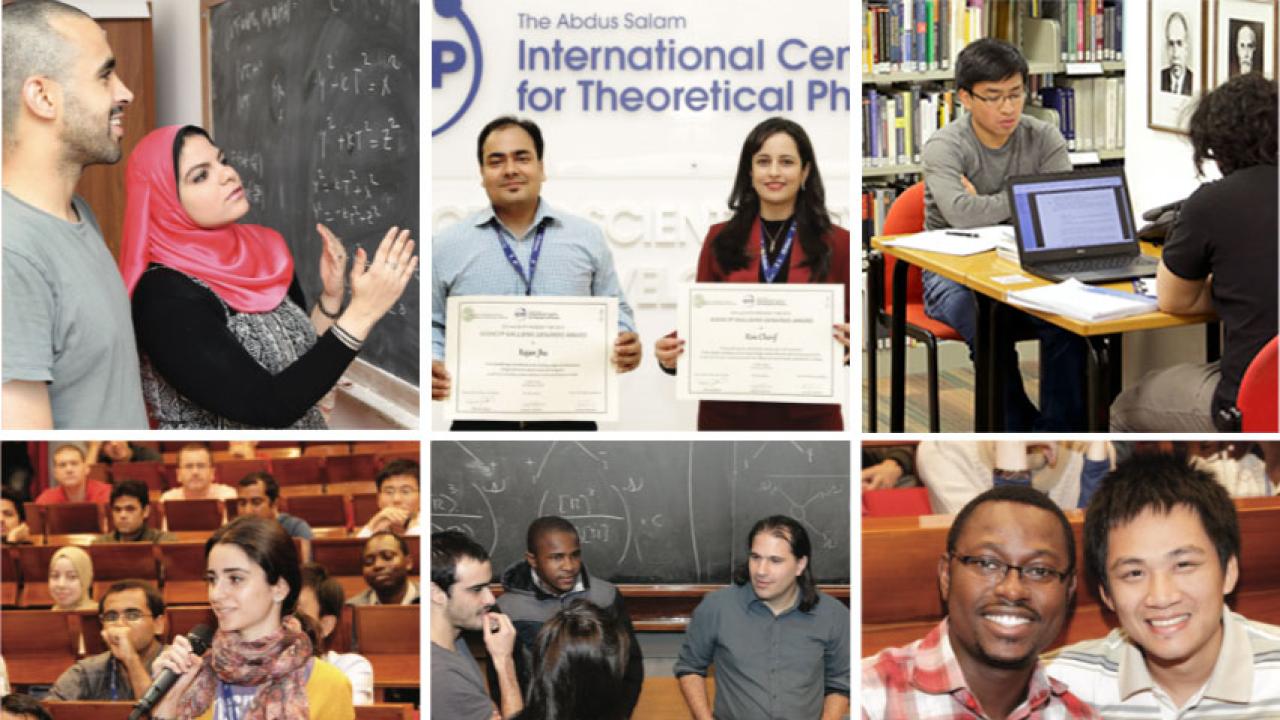
ICTP has launched a fundraising campaign and invites its community to join in supporting the Centre's unique global mission for international cooperation through science. ICTP's core belief is that science is a shared language that transcends national boundaries and provides a common platform for dialogue. As the founding director, physics Nobel Laureate Abdus Salam, summarised, 'science is a common heritage of all humankind'.
For more than half a century, ICTP has operated as an international hub for advanced science and as an anchor for building scientific capacity in the developing world, emphasising the essential role of basic sciences in development. This pivotal role of ICTP is all the more important today but requires flexibility to take into account changing realities and priorities.
It also requires your financial support; we invite you to make an online donation. Your support will enable ICTP to continue to impact the lives of an even greater number of scientists in the developing world. See the Centre's funding priorities for ways you can help ICTP build sustainable science.
Funding priorities include the continued support of young scientists from developing countries. Through ICTP's Postgraduate Diploma Programme, hundreds of scientists from disadvantaged countries have boosted their educational careers to eventually earn PhDs. These include Deepak Bahadur Karki of Nepal and Alaa A. E. Elshorbagy of Egypt, the latest Diploma alumni to earn doctorate degrees through ICTP's joint PhD programme with a local university.
Another priority for ICTP is to boost the representation of females in physics and mathematicians. Programmes to support that goal include ICTP's biennial Career Development Workshop for Women in Physics, which helps young scientists develop the skills necessary to succeed in science, and gives them a space to share experiences and support each other.
A third funding priority is ICTP's Physics Without Frontiers programme, which visits disadvantaged countries around the world to help build communities and networks of scientists, working closely with local universities and schools to reach out to and encourage future generations of scientists.
















